Cau Ngu is a type of festival that was formed early by coastal fishermen in Binh Thuan . Every year, the festival takes place in many places, such as: Phu Quy district, Tuy Phong, La Gi town, Phan Thiet city.
With different scales, times and forms, spiritual rituals and folk performing arts contain many precious values. Cau Ngu has an important meaning in spiritual life, bringing faith for fishermen to overcome many storms, stick to the sea and work enthusiastically. The Cau Ngu festival of Binh Thuan fishermen has been maintained, preserved and developed from the past to the present, is a unique intangible cultural heritage, imbued with the cultural identity of the coastal region.
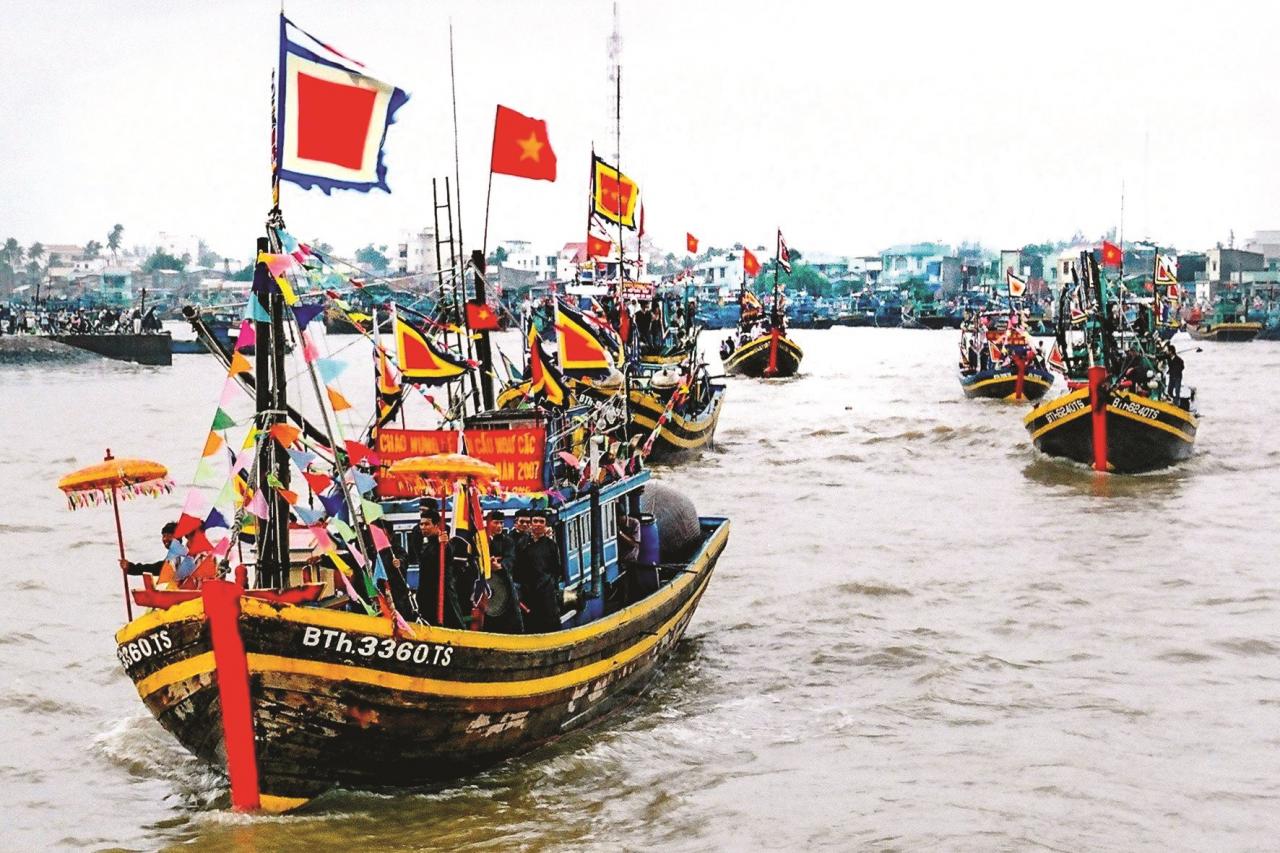
Originated from the sea villages
It can be said that the origin of the population, geographical location, natural conditions and living environment are the decisive factors in forming the cultural nuances, both tangible and intangible, of the community in each locality. Wherever there is a fishing village, there is a whale shrine and spiritual and cultural activities related to the fishermen's profession are maintained and passed down.
According to a survey conducted by the Binh Thuan Museum, from Phu Quy to Tuy Phong, Bac Binh, Phan Thiet, Ham Thuan Nam, La Gi are coastal localities where there are whale shrines everywhere. Depending on the number of fishing villages and the population in those villages, there are more or less whale shrines. But in all fishing villages, there are religious institutions such as shrines and shrines, and from here, the Cau Ngu Festival is always accompanied spiritually, and associated with Cau Ngu is the rowing and paddling.
According to statistics up to 2014, the whole province has 420,000 whale worshiping houses and dozens of cemeteries for whale burial. Over time and with population changes, some villages no longer maintain the folk performance of Cheo Ba Trao, but only the fishing praying ceremony according to the old customs of each village. In Tuy Phong, there are 120,000 whale worshiping houses, but currently only the houses in the communes of Binh Thanh, Chi Cong, Phuoc The, Vinh Hao, Hoa Phu, Phan Ri Cua and Lien Huong still preserve the performance of Cheo Ba Trao. However, depending on the historical and cultural conditions of each place, there are 1-3 annual festivals in each village, of which only Ta Tan village holds 3 festivals: the first fishing festival of the season (in March or April of the lunar calendar), the main fishing festival of the season (in June or July of the lunar calendar) and the last fishing festival of the season (in September or October of the lunar calendar). The remaining villages only hold one main fishing festival of the season.
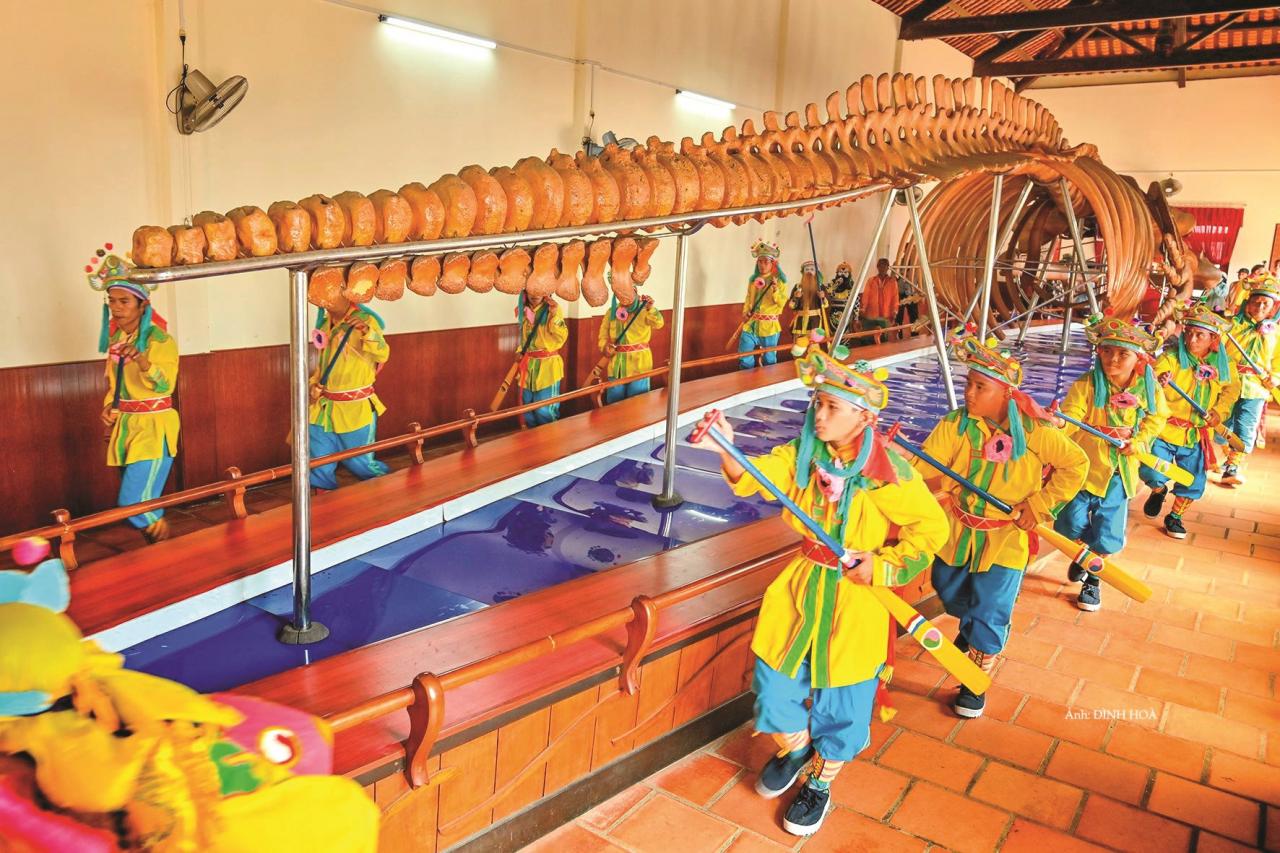
In Phan Thiet, the Cau Ngu Festival takes place at 12 villages: Van Thuy Tu, Van Hiep Hung, Van Khanh Long, Van Nam Nghia... Each village, depending on local customs and economic conditions, has offerings that are sometimes more or less, but basically both the content and process are expressed according to the customs passed down from our ancestors.
The most impressive thing is that in Phu Quy island district, in a small area, there are up to 10 whale worshiping temples. Most of the temples date back to the 18th and 19th centuries and still maintain the Cau Ngu Festival and its soul is rowing. This is a very large number compared to the inland coastal fishing villages in Binh Thuan in particular and the provinces from Quang Binh to the South in general. More than 16 km2 but up to 10 temples is indeed a very dense density. That shows us that the worship of whales is respected by Phu Quy people and they promote their beliefs in their profession and life. Because, for a community living in an isolated environment, surrounded by the vast ocean, facing storms all year round. Therefore, worshiping and worshiping whales has become a legitimate need and the number of temples on the island is also understandable.
Rowing - the soul of the Cau Ngu Festival
In general, praying for fish is a cultural activity that is a bond that unites the spirit of the community of people working in the profession together. It is a place to meet, exchange, and share about work and professional experience. Spiritual and cultural activities are most clearly expressed during the praying for fish ceremony. This is an opportunity for fishermen to express their deep gratitude to the gods of the sea, and at the same time, it is also a place to help strengthen the spirit of the community.
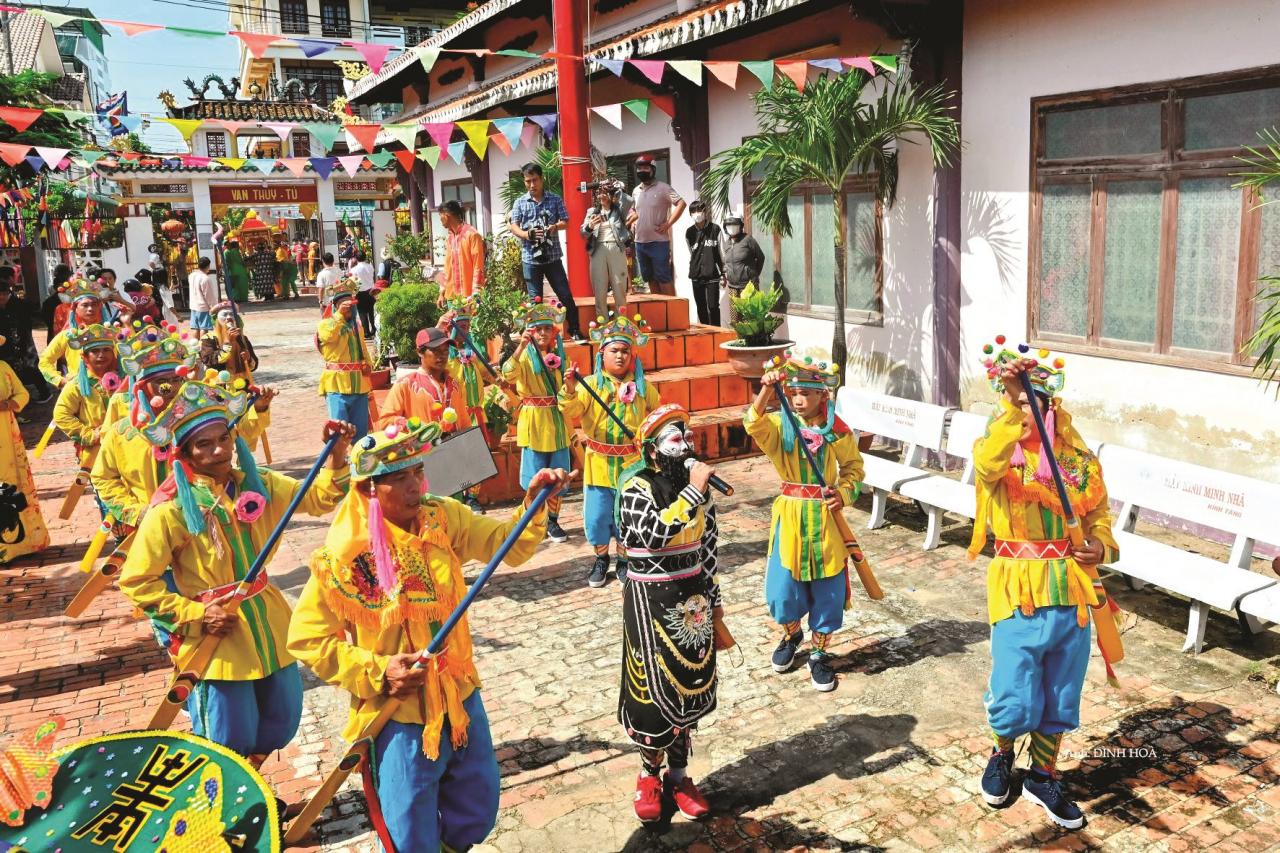
In terms of folk performing arts, Cau Ngu is a unique art form that has been maintained to this day by coastal residents, a product of the long-standing spiritual and cultural life of fishermen. One of the main components of the Cau Ngu Festival, in addition to its artistic function, rowing is also an important religious ritual in ceremonies related to the custom of worshiping whales. In terms of performance content, although it has a sad color, somewhat tragic, telling about the sea trips that encounter many obstacles when there are big waves and strong winds. Through it, fishermen express their thoughts, feelings, and aspirations before the seascape and the abundance of the ocean, before the whale's heart of saving people and helping the world. Through the folk songs and melodies in the performance, one can feel the spirit of optimism and faith in life to continue to stick to the homeland's sea with fruitful fishing trips.
In the scientific research topic: "Collecting and researching the rowing and paddling in the folk culture of fishermen in the coastal area of Binh Thuan" conducted by Binh Thuan Museum. When surveying and researching the current situation in 6 districts, towns and coastal cities across Binh Thuan province, there are currently 9 rowing and paddling teams operating, with more than 30 rowing pieces used to perform in festivals and rituals related to the whale worshiping custom such as: burial ceremony, jade bone ceremony, Nam Hai Whale welcoming ceremony, main ceremony to worship the god in the Cau Ngu Festival... these are the original rowing pieces. Among them, there are rowing and paddling pieces brought from the homeland in the "Ngu Quang" provinces to Binh Thuan, or newly composed to serve the whale worshiping custom of the fishing community, suitable to the geographical environment and social conditions in each locality.
Rowing holds an important position, is a performing art form associated with spiritual activities and folk culture passed down through many generations. It is said that rowing is the soul of the Cau Ngu Festival, because in a fishing ceremony without rowing, the fishing ceremony lacks the spiritual element that creates the value of the rituals. Because it contains all the aspirations, simplicity, sincerity of people working in the sea in general and with whales in particular. On the other hand, it always has a distinct color of the traditional profession but still carries a strong national identity, expressed in the customs, village rules, rituals, and community conventions. If this belief is lost, the whale worshiping shrines will lose part of their traditional cultural identity.
The Cau Ngu Festival takes place in Phan Thiet City in combination with other cultural activities during the National Tourism Year 2023 - Binh Thuan - Green Convergence to both serve the spiritual and religious needs and cultural enjoyment of a part of the people, while promoting intangible cultural values in rowing and contributing to introducing and promoting tourism development.
Source






![[Photo] General Secretary To Lam attends the 80th anniversary of Vietnam's diplomacy](https://vstatic.vietnam.vn/vietnam/resource/IMAGE/2025/8/25/3dc715efdbf74937b6fe8072bac5cb30)


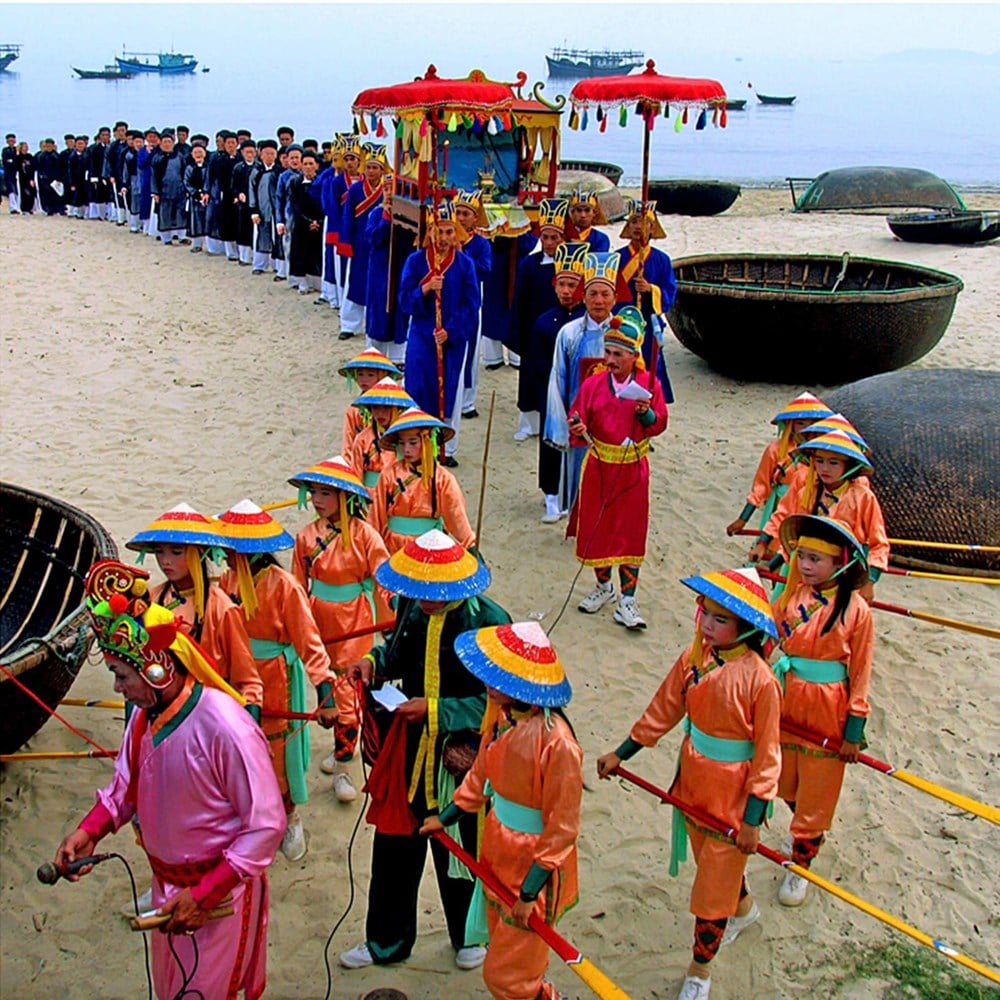

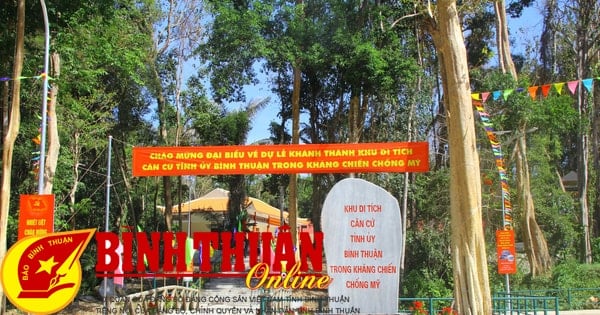
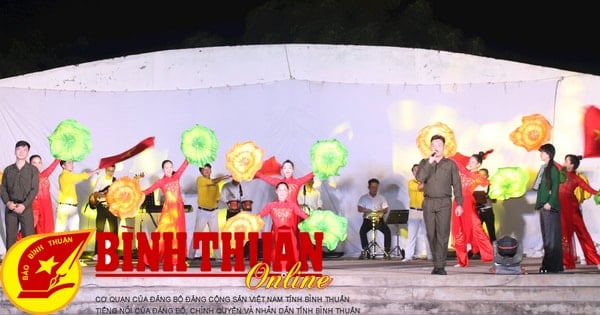
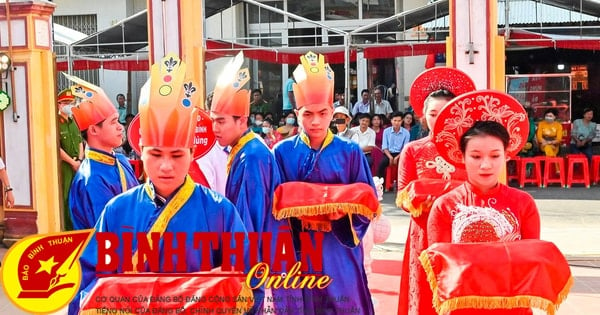
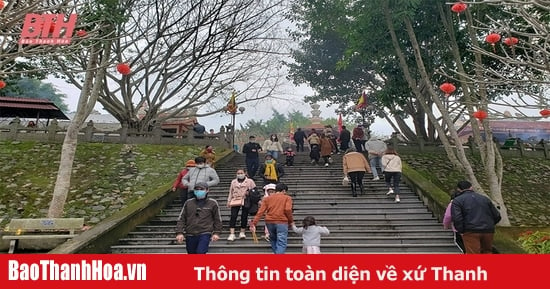
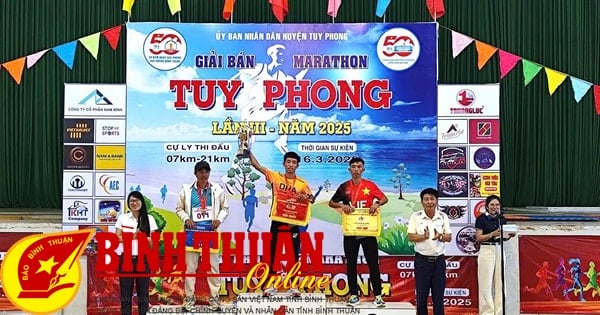



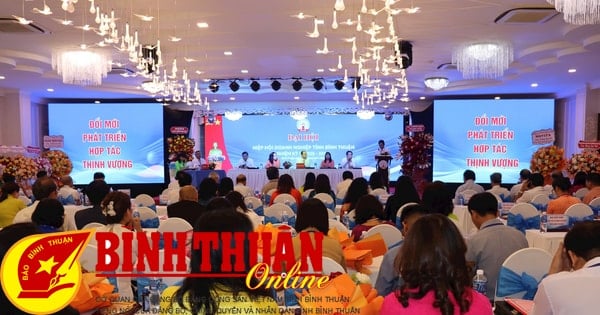
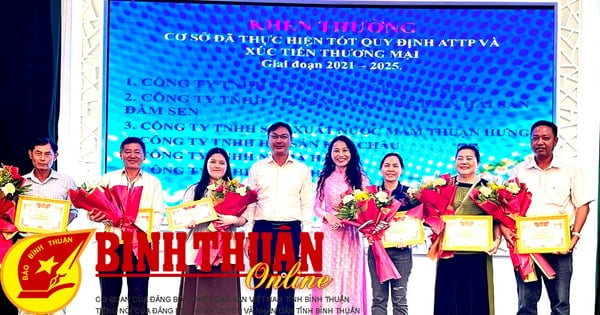
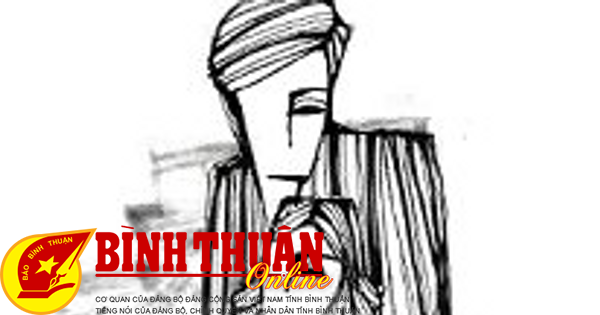
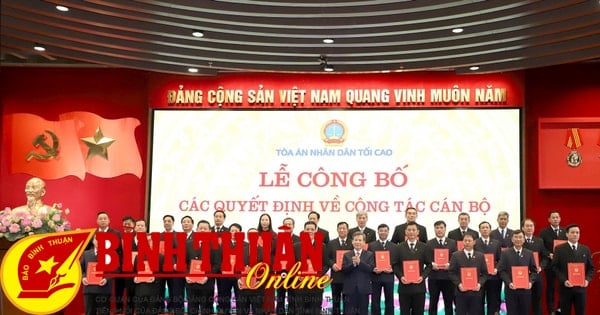




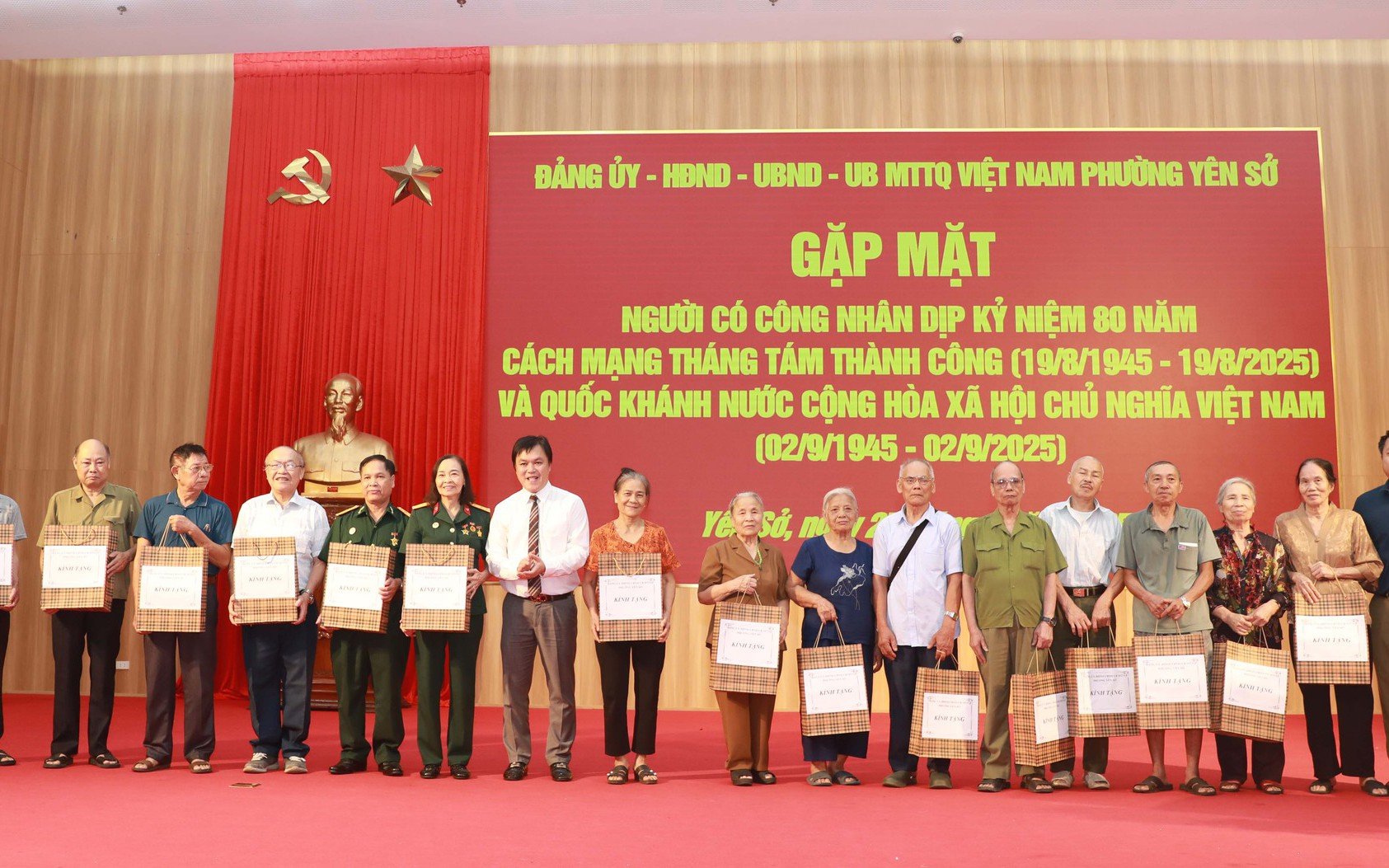
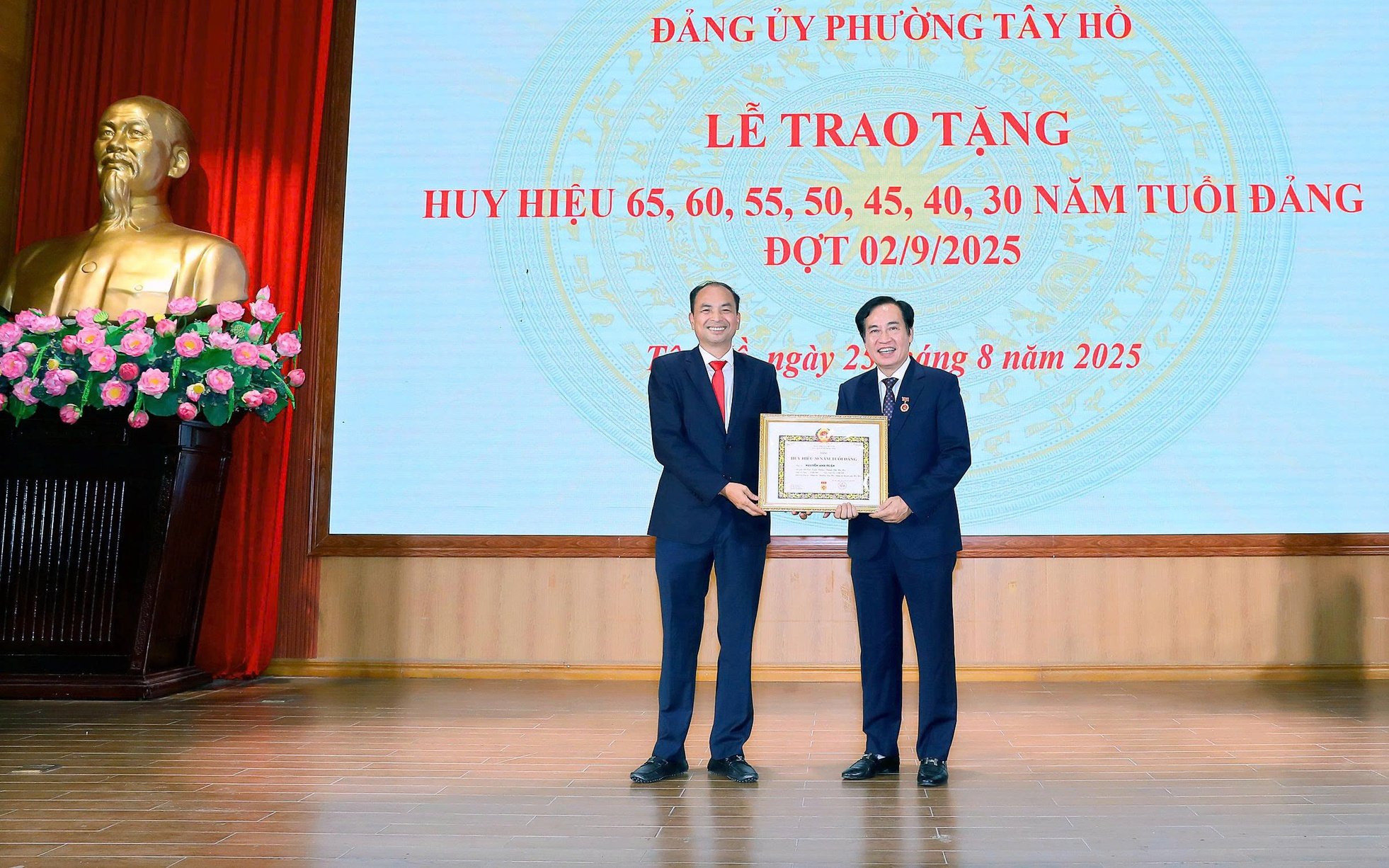
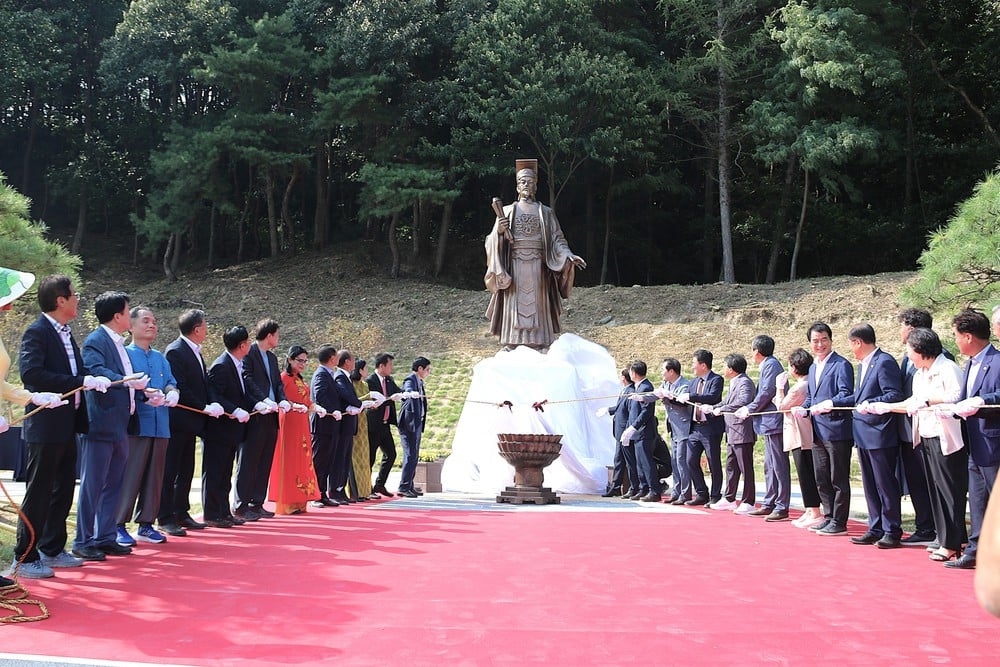
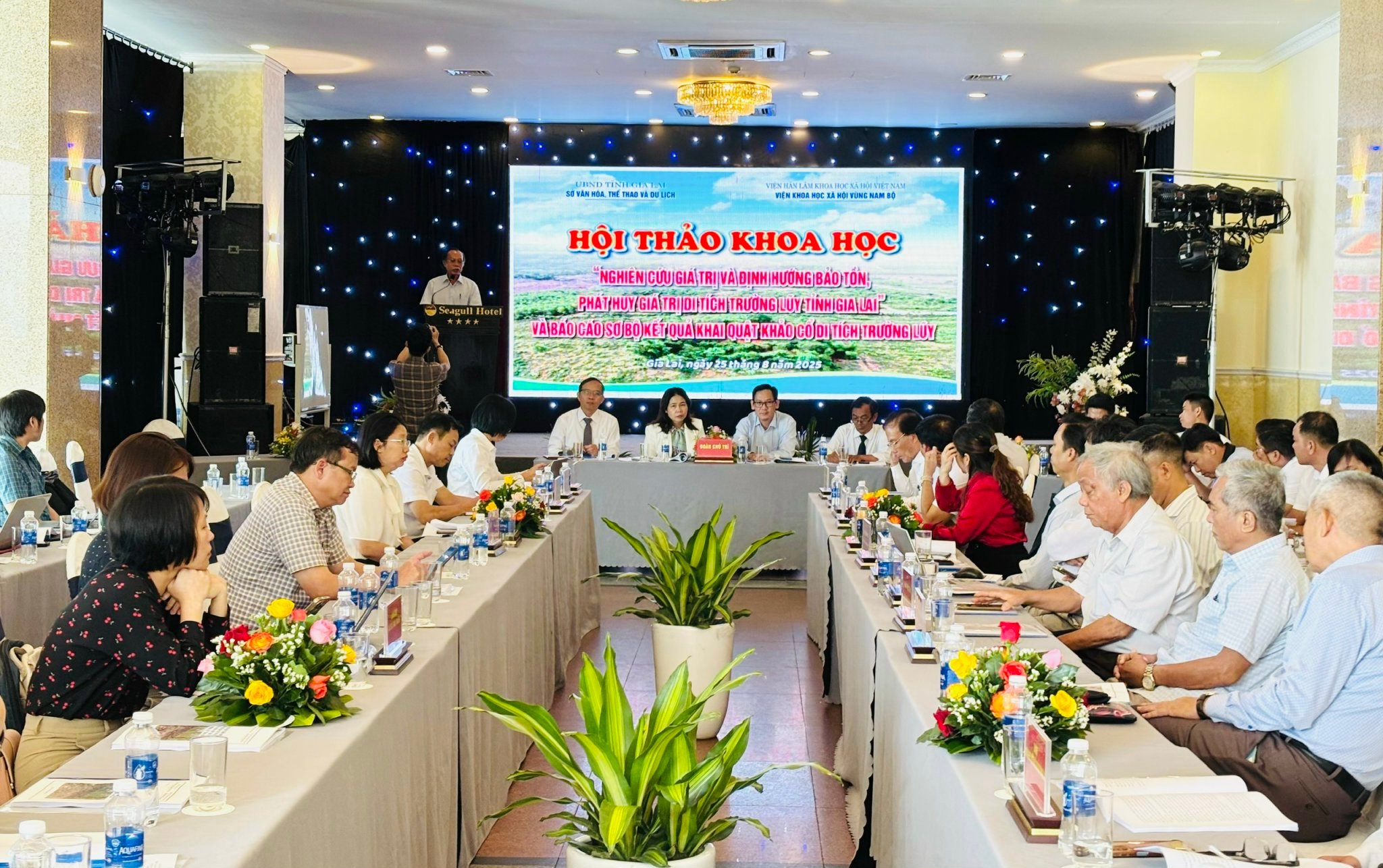
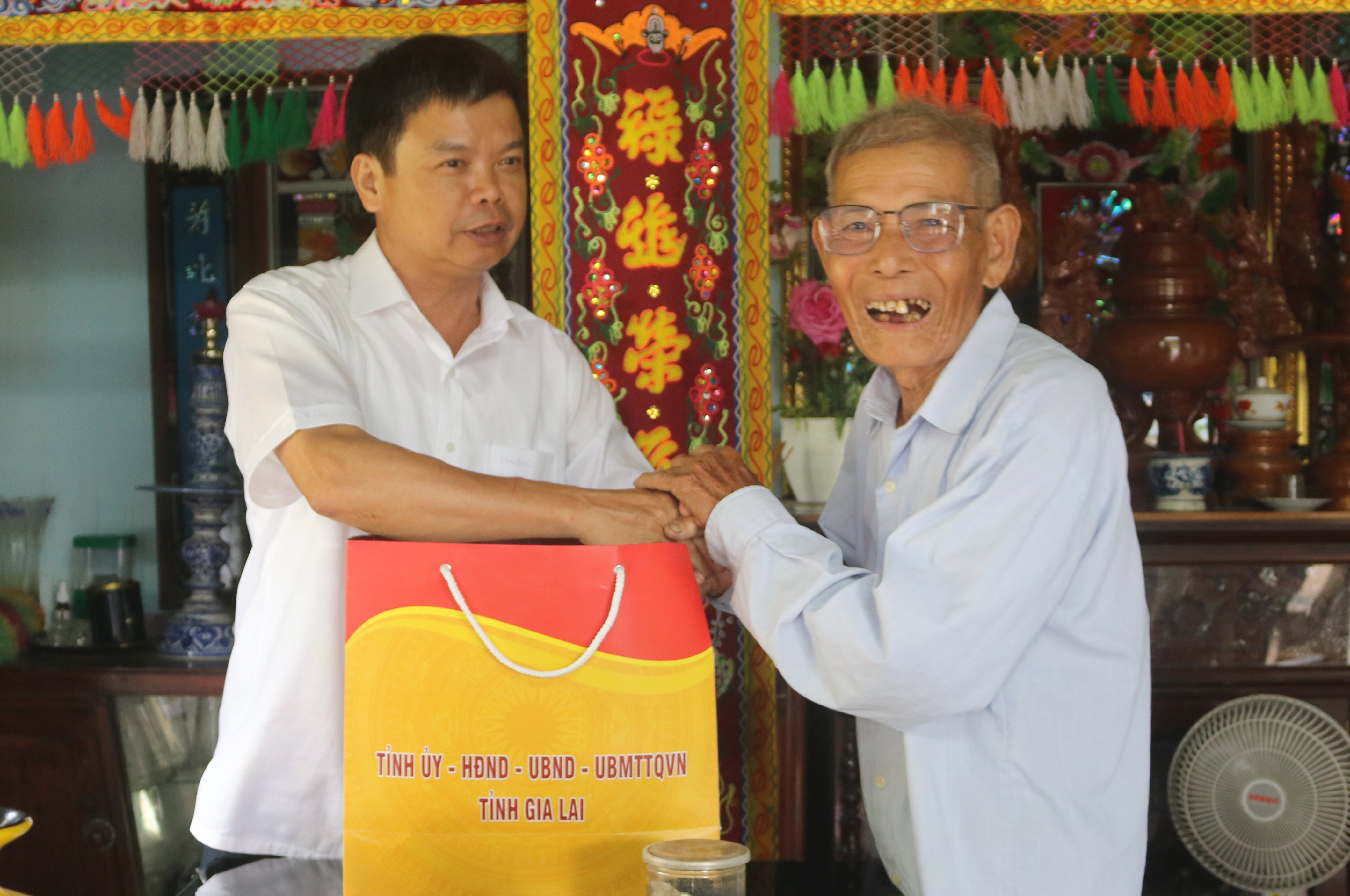
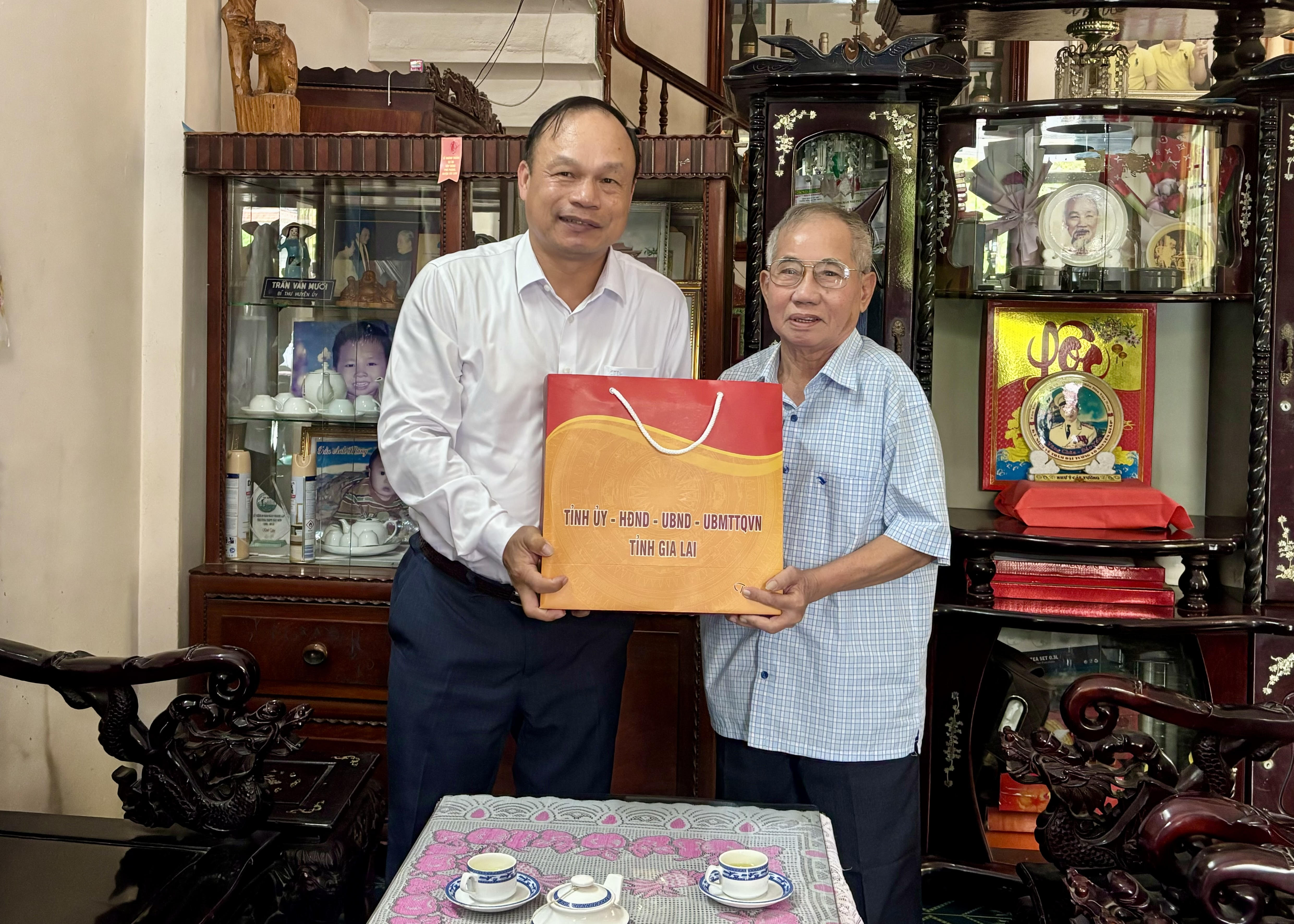


















































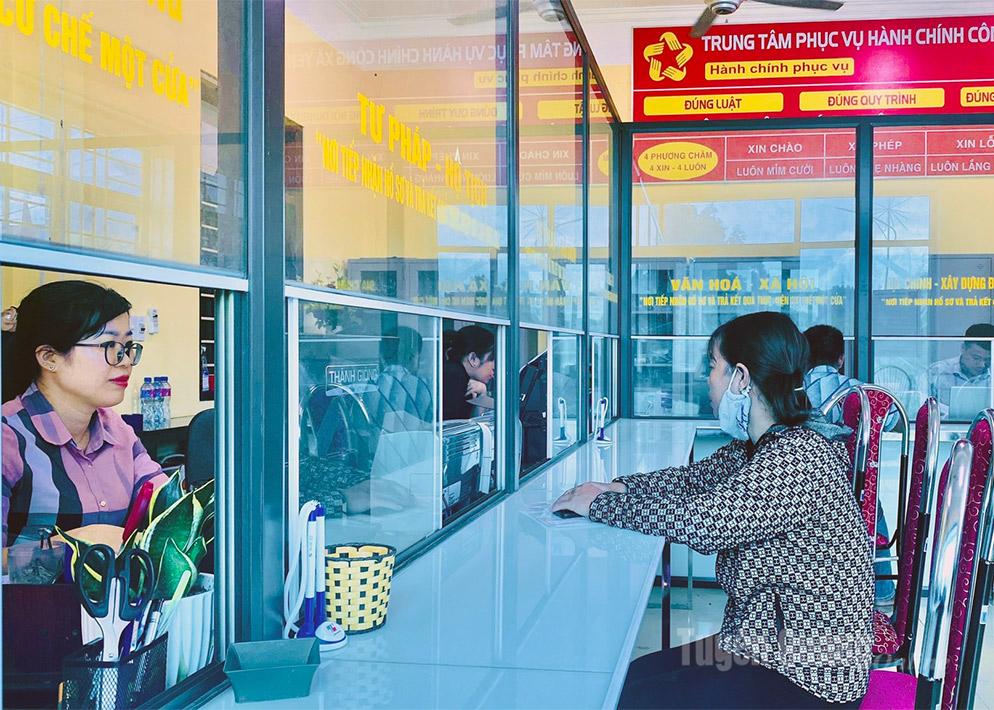

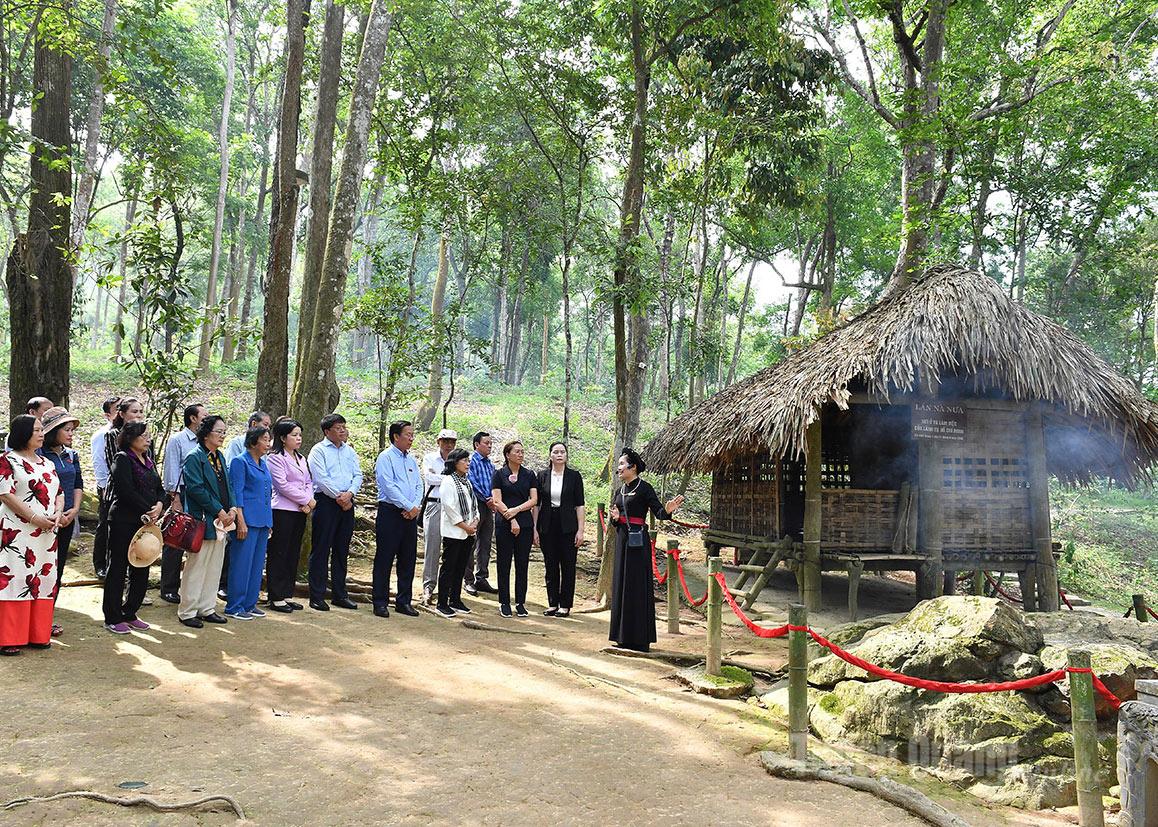
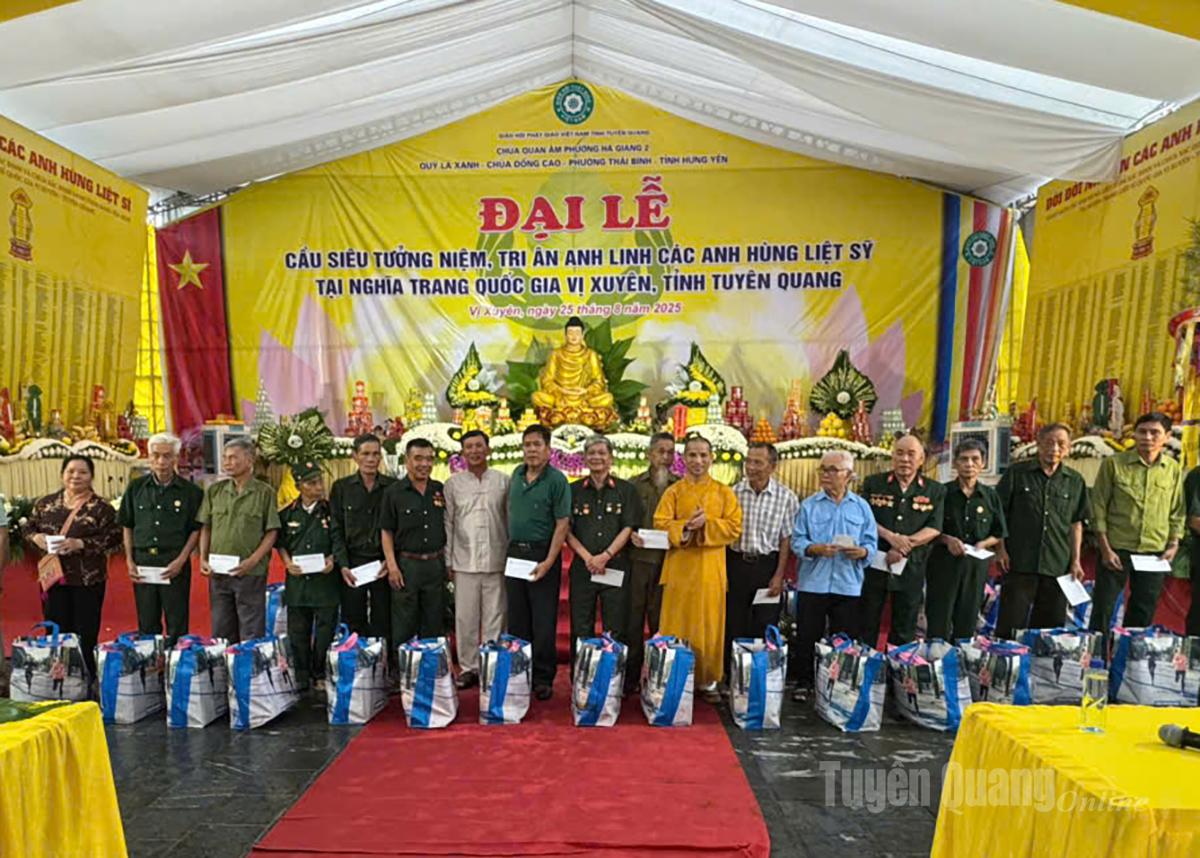
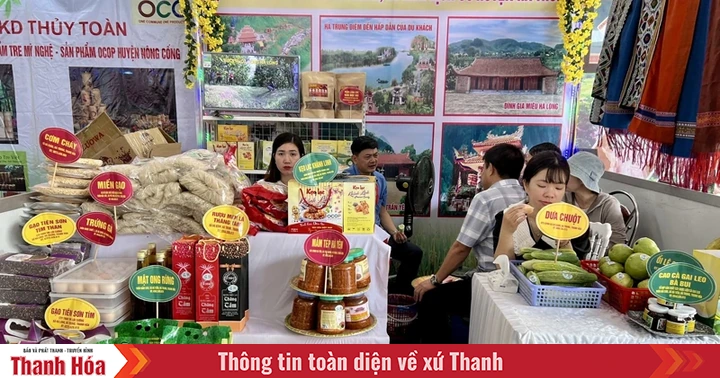

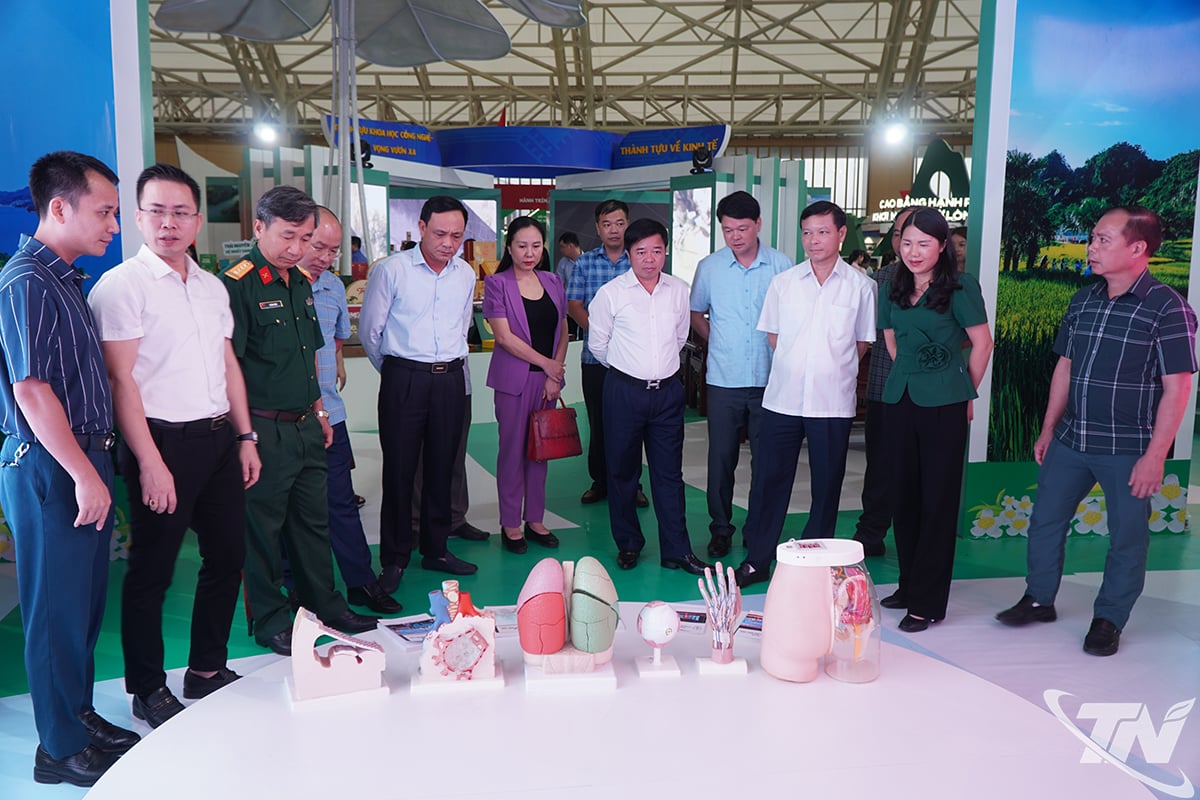

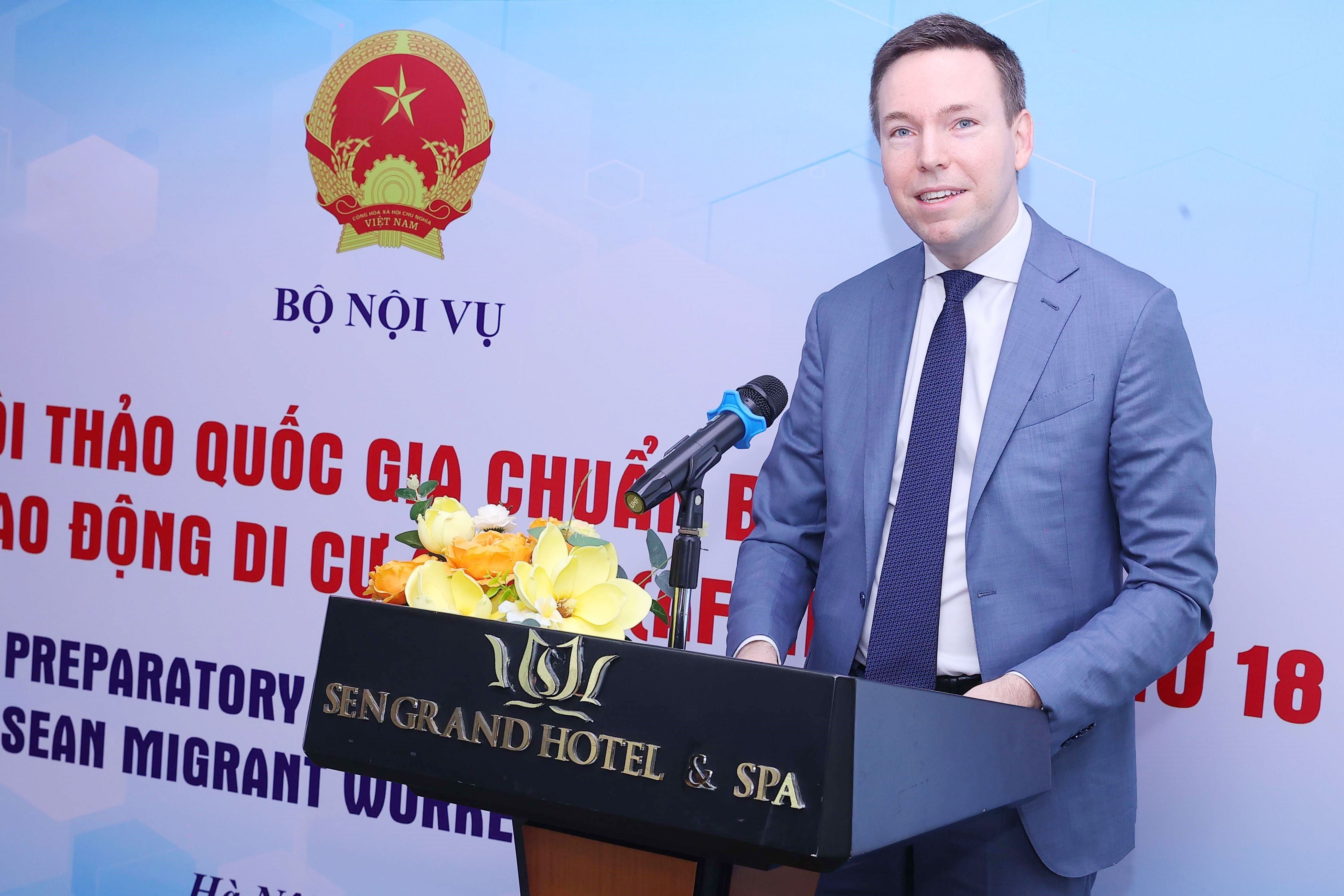
















Comment (0)